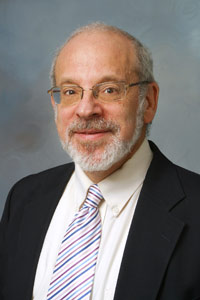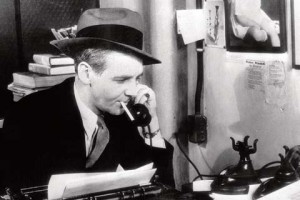Best of the Blogs: The Mess in Madison
 This month’s Best of the Blogs feature takes a look at the budget debate in Madison. In my opinion, it is myopic to focus solely on the budgetary aspects of the ongoing debate. This is a raw political struggle, in which Governor Walker has attacked the primary source of campaign funding for Democrats. The debate over the biennial budget is small potatoes to the leaders of the Democratic Party. They perceive this bill as nothing less than an existential attack on their ability to raise funds (and therefore buy television advertising) in an amount sufficient to elect candidates in a closely divided state.
This month’s Best of the Blogs feature takes a look at the budget debate in Madison. In my opinion, it is myopic to focus solely on the budgetary aspects of the ongoing debate. This is a raw political struggle, in which Governor Walker has attacked the primary source of campaign funding for Democrats. The debate over the biennial budget is small potatoes to the leaders of the Democratic Party. They perceive this bill as nothing less than an existential attack on their ability to raise funds (and therefore buy television advertising) in an amount sufficient to elect candidates in a closely divided state.
If anything, this current fight is only round one, with a second partisan fight over legislative re-districting yet to come. The Voter ID bill, which previously was viewed by Democratic leaders as a dangerous assault on their electoral power, now in comparison seems to be a minor inconvenience. While it is always entertaining to watch two political parties seek to destroy each other, one can’t help but feel that someone in Madison should actually be focused on governing the State. Both Governor Walker, who picked this partisan fight, and the Democrats, who chose to grind government to a halt in order to defend partisan interests, share equal blame in my eyes.


